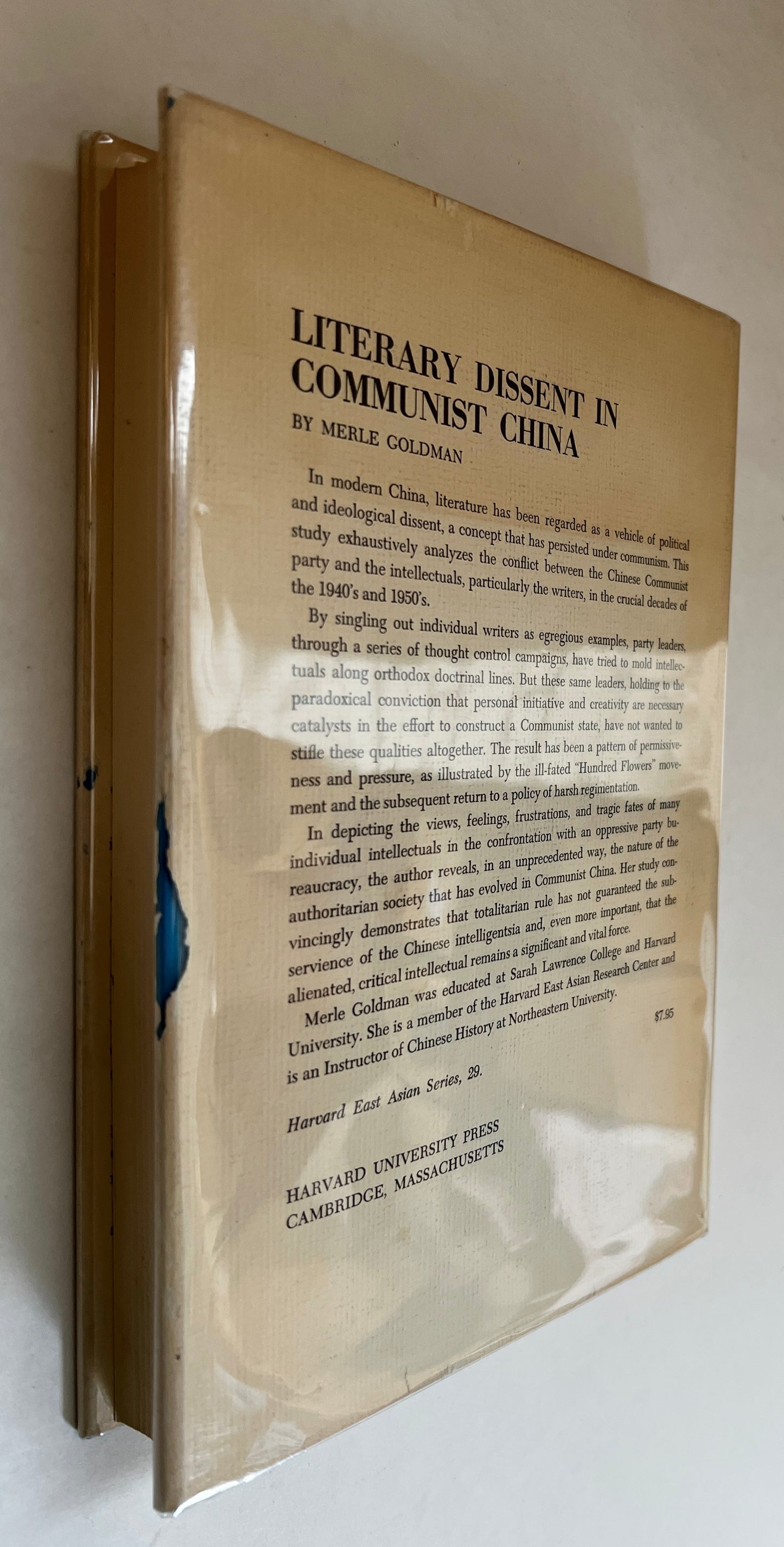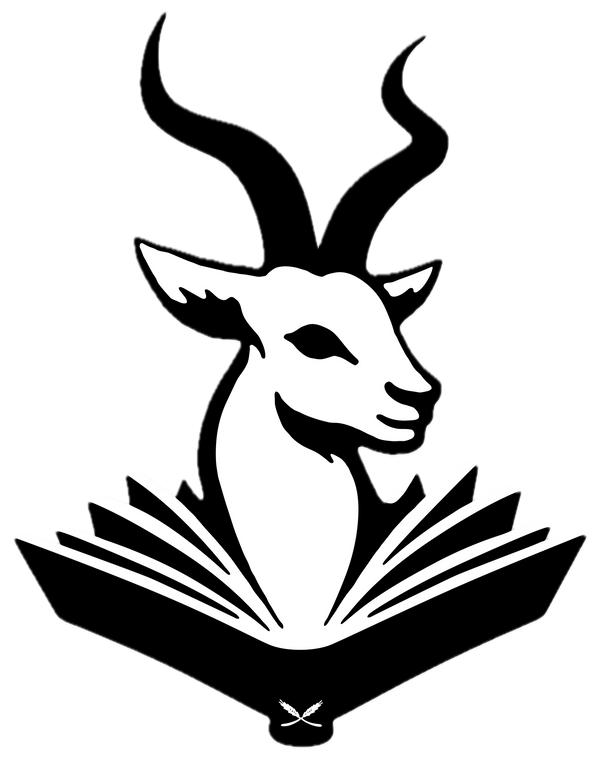Lang, Olga
Pa Chin and His Writings: Chinese Youth Between the Two Revolutions
Pa Chin and His Writings: Chinese Youth Between the Two Revolutions
Couldn't load pickup availability
Cambridge: Harvard University Press, 1967. first. x, 402 pages: illustrations; 25 cm. "Works by Pa Chin": pages 337-355./ Includes bibliographical references (pages 356-374) and index. Fine copy in very good jacket housed in archival mylar. Hardcover. ISBN: 9780674493346
Harvard East Asian series; 28. Ba Jin / Contents: Introduction -- Chapter I Childhood -- Chapter Ii Pa Chin Finds His Political Faith -- Chapter Iii Pa Chin's Last Years in His Native City -- Chapter Iv the Trilogy Turbulent Stream: Chinese Youth at the Time of the New Culture Movement -- Chapter v in Nanking and Shanghai -- Chapter Vi Pa Chin in France -- Chapter Vii the Productive Years -- Chapter Viii the Trilogy Love: Young Revolutionaries During the Prewar Kuomintang Era -- Chapter Ix the War and the Last Years of the Kuomintang Regime -- Chapter Pa Chin and The West -- Chapter Xi Pa Chin's Craftsmanship -- Chapter Xii Epilogue -- Notes -- General Bibliography -- Glossary -- Index. /
"Pa Chin, also known as Ba Jin, was the pen name of Li Fei-kan (1904-2005), a prominent Chinese writer and intellectual. He is considered one of the most important figures in modern Chinese literature and was known for his realistic portrayal of social and political issues in his works. Born in Chengdu, Sichuan Province, China, Pa Chin came from a wealthy and politically influential family. However, he developed a strong sense of social justice and empathy for the poor and oppressed, which influenced his writing throughout his life. Pa Chin's most famous and influential work is the "Family" trilogy, which consists of the novels "Family," "Spring," and "Autumn." The trilogy explores the decline of the feudal family system and the impact of societal changes on individual lives during the early 20th century in China. It vividly depicts the struggles, conflicts, and disillusionment of the characters as they navigate the tumultuous political and social landscape of the time. "Family," the first novel in the trilogy, was published in 1933 and gained immediate acclaim for its critique of traditional Chinese society. The subsequent novels, "Spring" and "Autumn," further delve into the characters' lives and the challenges they face as they confront political upheaval, war, and personal aspirations. Apart from the "Family" trilogy, Pa Chin wrote numerous other novels and short stories, often touching on themes of social justice, individualism, and the clash between tradition and modernity. Some of his other notable works include "The Sea," "Cold Nights," and "Ward Four." During his lifetime, Pa Chin was involved in various political movements and supported the Chinese Communist Party. However, he became disillusioned with the party during the Cultural Revolution and was subjected to persecution. Despite the hardships he faced, Pa Chin continued writing and promoting literature until his death in 2005. Pa Chin's works remain highly regarded for their insightful portrayal of Chinese society and the human condition. His writings have had a lasting impact on Chinese literature and continue to be studied and appreciated by readers around the world." // China Studies. Chinese Literature. Chine. Anarchisme. Avant 1949. Chine. Pensée politique. Chine. Vie litteraire. Littérature chinoise -- 20e siècle -- Histoire et critique. Named Person: Ba, Jin, 1904-2005. Ba, Jin, 1905- -- Critique et interprétation. Ba, Jin, 1904-2005 Bajin 1904-2005 Bajin 1904-2005 Ba, Jin, 1904-2005. Baijin, (1904- ) -- Critique et interprétation. Bajin, (1904-2005) -- Critique et interprétation. Ba, Jin. (美国).
Share




